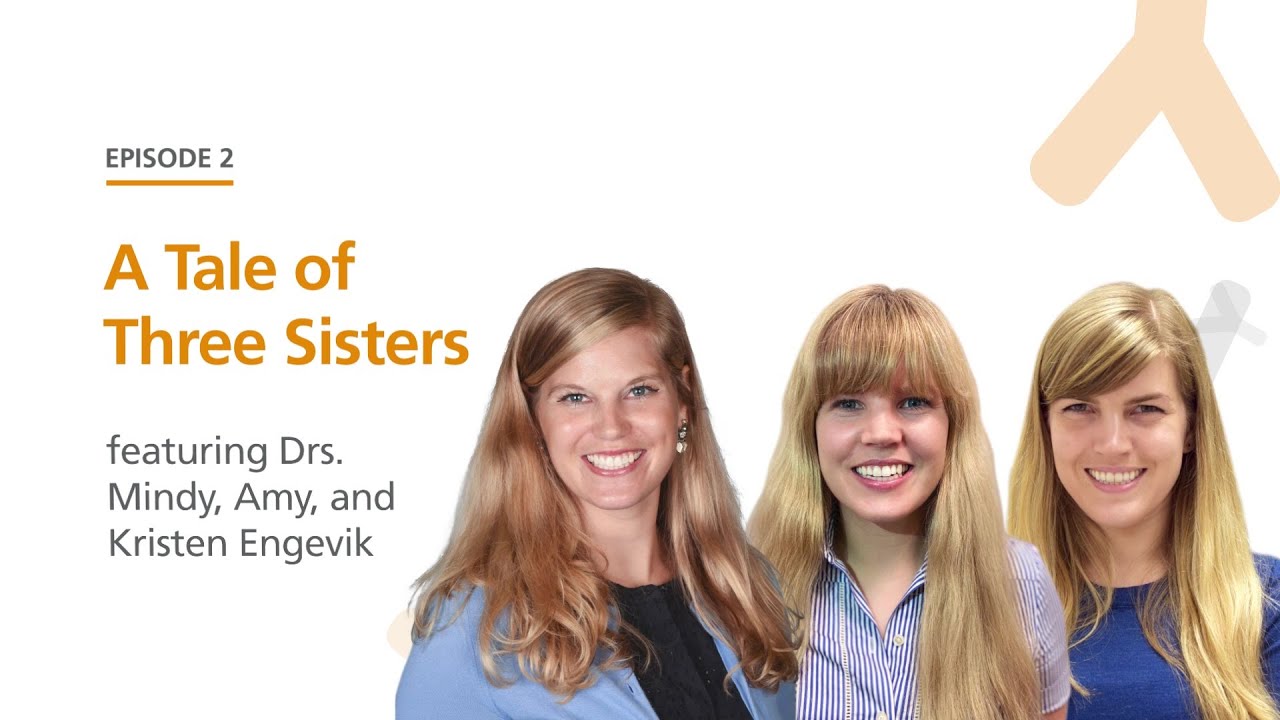
Guests:
Drs. Mindy, Amy, and Kristen Engevik are sisters and immunologists. Dr. Mindy Engevik is an Assistant Professor at the Medical University of South Carolina. Her lab studies microbial-host crosstalk with an emphasis on microbe-mucus interactions.
Dr. Amy Engevik is also an Assistant Professor at the Medical University of South Carolina. Her lab focuses on the role of Myosin Vb in the pathogenesis of gastrointestinal disorders and liver cholestasis.
Dr. Kristen Engevik is a postdoctoral fellow at Baylor College of Medicine. Her research aims to elucidate the molecular consequences of purinergic signaling in gastrointestinal physiology and rotavirus pathophysiology, with the ultimate goal of providing further insight to improve vaccines against rotavirus.
Featured Products and Resources:
- Download the free cell separation e-book, a practical guide on everything you need to know about cell isolation techniques.
- Explore scientific resources for your immunology research at the STEMCELL Technologies Immunology Learning Center.
The Immunology Science Round Up
Chronic Immune Response in Severe COVID-19 Does Not Target SARS-CoV-2 – Researchers found that in patients with severe COVID-19, TGF-β is a key regulator of the chronic immune response, and in prolonged cases, this response is no longer directed at SARS-CoV-2.
Regulatory T Cells in Tumors and Tissues – Scientists performed single-cell chromatin accessibility profiling of tissue-resident and circulatory regulatory T (Treg) cells, and showed that several surface proteins that were thought to be tumor-specific were also expressed in Treg cells in normal tissue.
Mapping the Immune Landscape in Glioblastomas – Researchers used single-cell profiling to study the glioblastoma immune landscape and found that microglia-derived tumor-associated macrophages (TAMs) dominated in newly diagnosed tumors, but were outnumbered by monocyte-derived TAMs following recurrence.
T Cells Persist in Melanoma Patients Who Respond Well to Immunotherapy – In metastatic melanoma survivors with exceptional responses to immunotherapy, scientists found T cell clonotypes from tumors in skin and blood up to nine years later.
Photo Reference: Courtesy of Drs. Mindy, Amy, and Kristen Engevik
